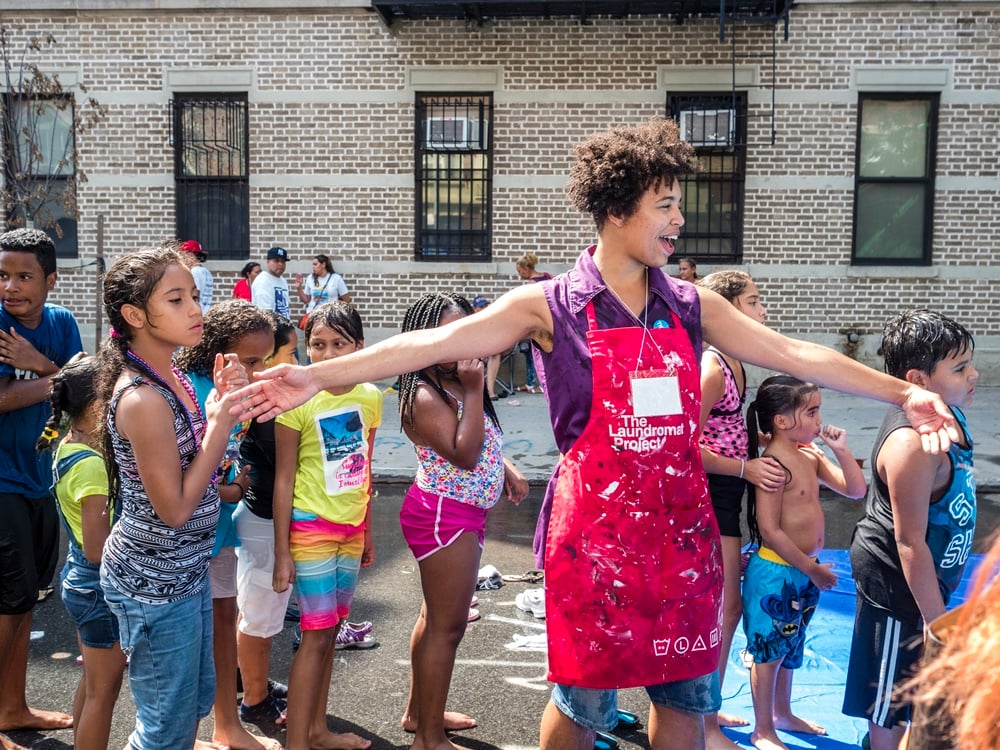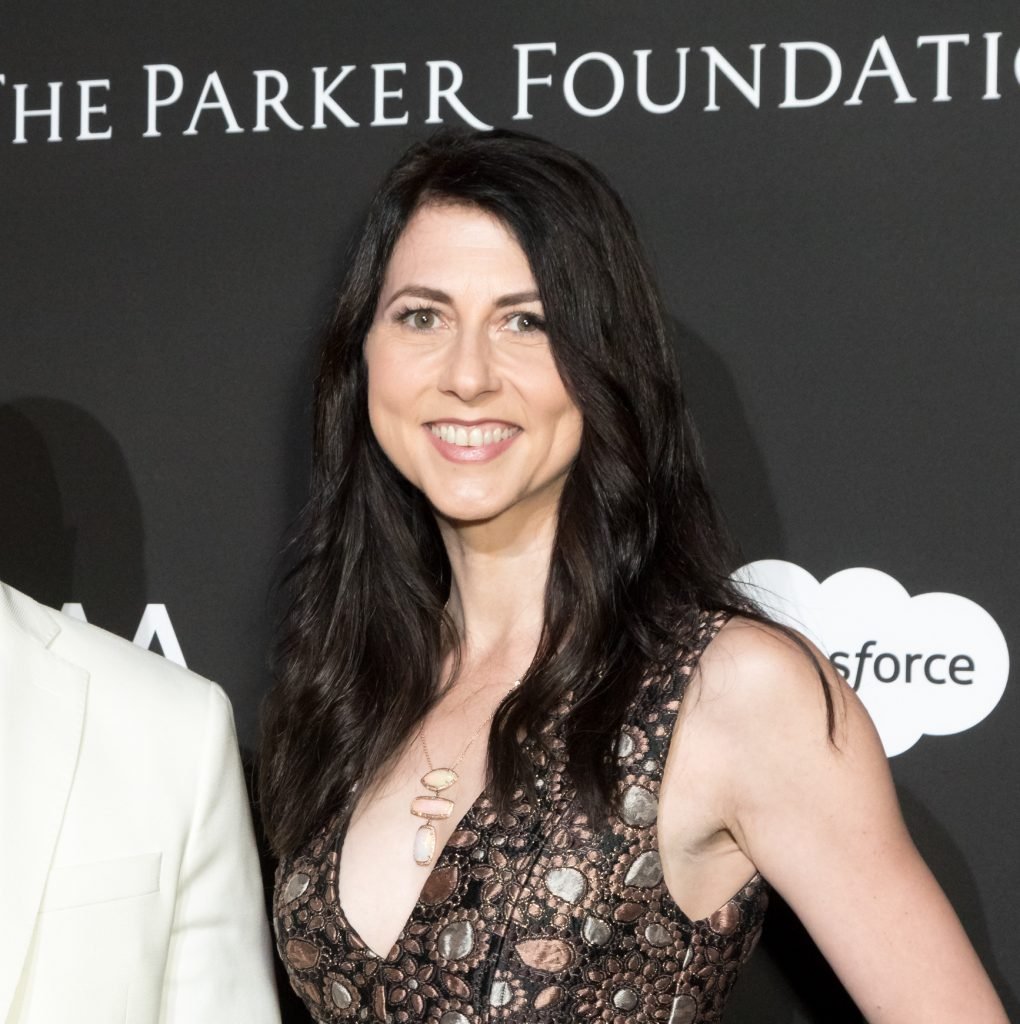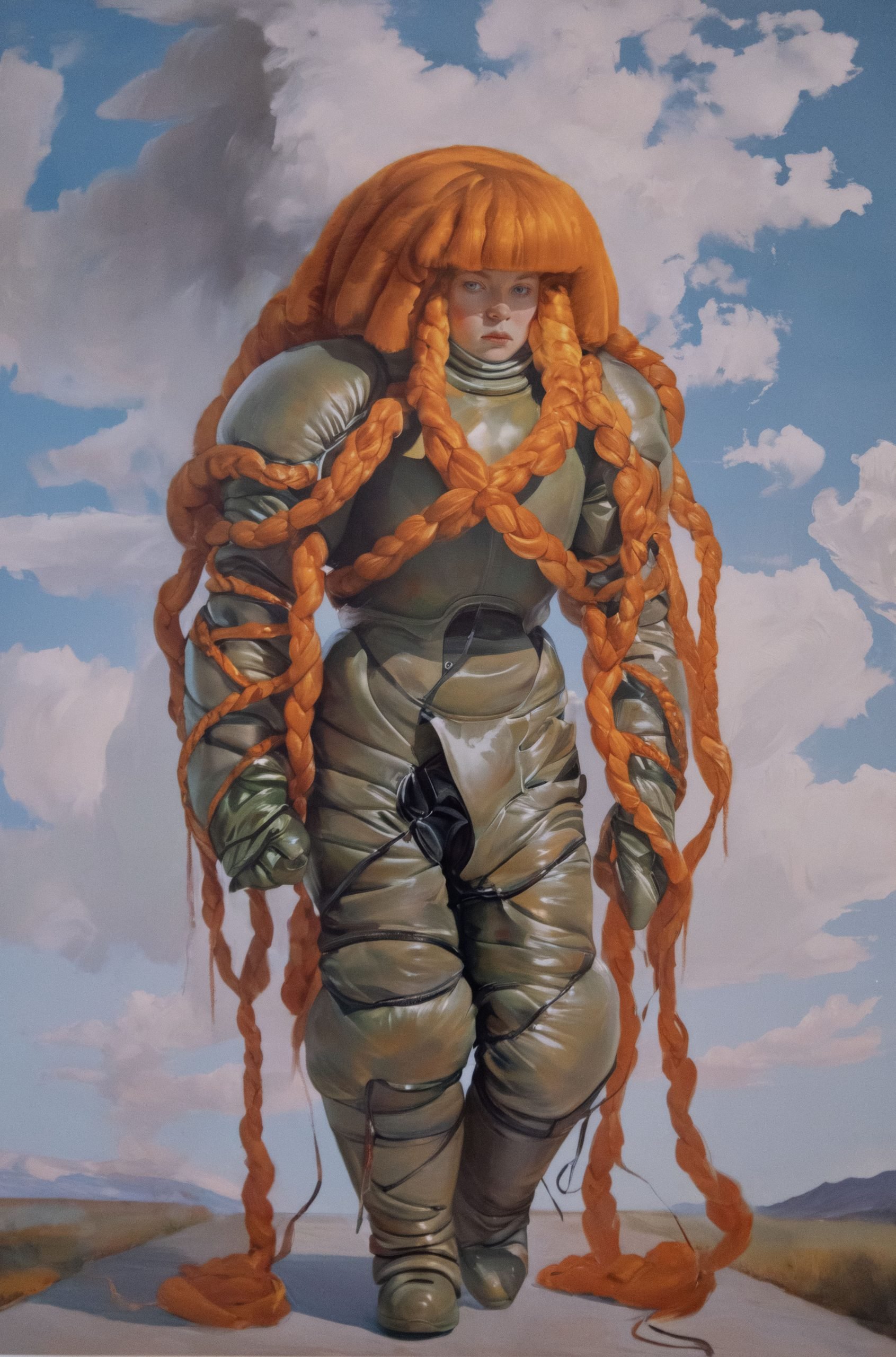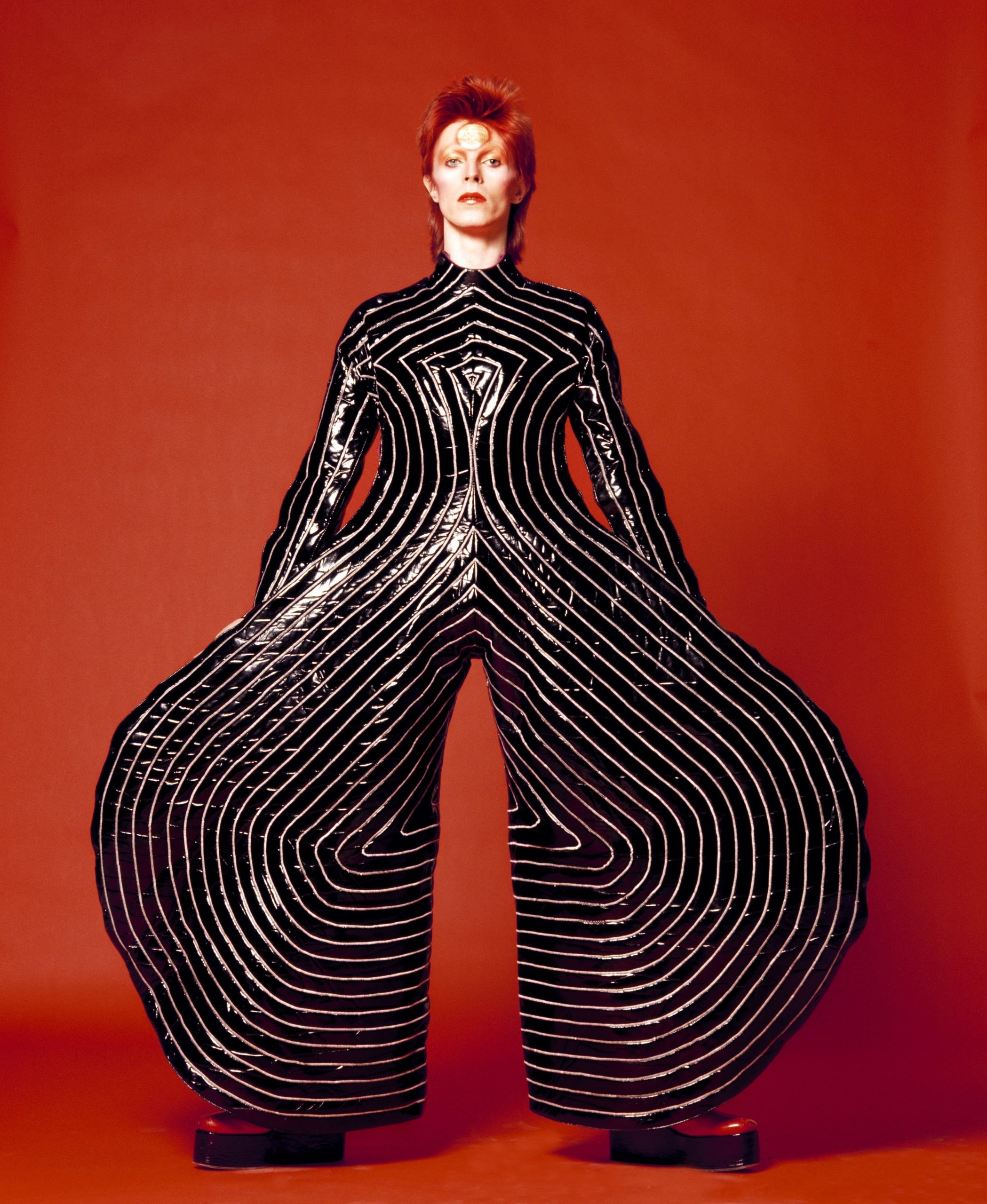There’s a major new arts philanthropist on the scene.
MacKenzie Scott, a novelist who also happens to be the former wife of Amazon founder Jeff Bezos, announced today that she has donated a staggering $2.7 billion to 286 organizations across the country—including many affiliated with the arts, such as the Studio Museum in Harlem, the New England Foundation for the Arts, and United States Artists.
This marks the third time in 12 months that Scott, whose fortune Forbes recently estimated at $60 billion, has issued a wave of donations worth a combined ten figures. It’s also the first time she has funded arts organizations at scale. (The latest round of recipients also includes racial justice groups, universities, and other organizations.)
Absent from the list of arts recipients are big names that wealthy donors often favor, such as the Museum of Modern Art or Lincoln Center. Instead, Scott opted to fund smaller, largely BIPOC-led groups including Project Row Houses in Houston, Texas; the Laundromat Project and Recess in Brooklyn, New York; the East Bay Fund For Artists in Oakland, California; El Museo de Arte Puerto Rico in San Juan; and the National Museum of Mexican Art in Chicago, Illinois.
In another departure from traditional high-dollar cultural philanthropy, Scott provides the funds up front and without restrictions, to be used however the organizations see fit.

The Laundromat Project 2017 Create Change Fellow Nikomeh Anderson facilitates activities during the 2017 Kelly Street Annual Block Party. Photo: Osjua Newton; courtesy of The Laundromat Project.
“Arts and cultural institutions can strengthen communities by transforming spaces, fostering empathy, reflecting community identity, advancing economic mobility, improving academic outcomes, lowering crime rates, and improving mental health,” Scott wrote in blog post announcing the news, “so we evaluated smaller arts organizations creating these benefits with artists and audiences from culturally rich regions and identity groups that donors often overlook.”
Also included is New York’s Museum of Chinese in America, which suffered a devastating fire in early 2020; and the Art for Justice Fund, which funnels the proceeds of art sales into efforts to end mass incarceration.
To select the organizations, Scott and her current husband, chemistry teacher Dan Jewett, spent the first quarter of this year working with a team of researchers to identify “equity-oriented non-profit teams working in areas that have been neglected.”
Scott’s post named the chosen organizations but didn’t specify how much each was given, saying only that the gifts were “relatively large.” Souls Grown Deep, which works to support self-taught artists from the American South, reported a grant of $2 million; the Mosaic Network & Fund, which funds arts nonprofits led by people of color in New York, earned $5 million; and United States Artists, which offers direct and unrestricted funds to artists and cultural practitioners, received $7 million.
Several recipients did not immediately respond to a query about the process of receiving the grants or how they were informed they had won. The New York Times reported that there is no formal application process; representatives typically approach organizations to let them know they are under consideration for a major grant, but forbid them to speak about the money until Scott’s announcement is public.
The lack of fanfare associated with the June 15 announcement, which came in the form of a simple Medium post rather than a costly PR blitz, was part of the point, according to Scott.
“Putting large donors at the center of stories on social progress is a distortion of their role,” she wrote, noting that she and Jewett are “attempting to give away a fortune that was enabled by systems in need of change.”
Deborah Cullinan, CEO of San Francisco’s Yerba Buena Center for the Arts—another donation recipient—said Scott’s donation is “not only an investment in the arts. It is a game-changing new approach that upends traditional philanthropy and puts resources into the hands of people who are doing the urgent work of now.”
Scott’s previous two major donations came in July and December of 2020, when she gave a combined $6 billion to 500 organizations (few of which focused on the arts). The bequests followed the 51-year-old philanthropist’s 2019 pledge to donate the majority of her personal fortune by or shortly after her death. “I will keep at it until the safe is empty,” she said at the time.
Despite these monumental gifts, however, Scott stands even further away from that goal today than she was in 2019, thanks to Amazon’s spring stock prices.
Follow Artnet News on Facebook:
Want to stay ahead of the art world? Subscribe to our newsletter to get the breaking news, eye-opening interviews, and incisive critical takes that drive the conversation forward.









